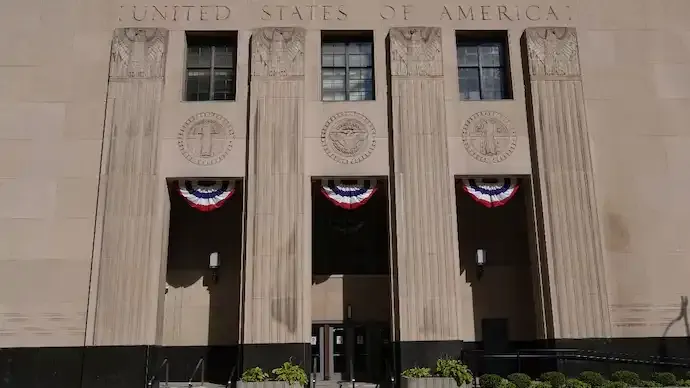Shopping cart
Your cart empty!
Terms of use dolor sit amet consectetur, adipisicing elit. Recusandae provident ullam aperiam quo ad non corrupti sit vel quam repellat ipsa quod sed, repellendus adipisci, ducimus ea modi odio assumenda.
Lorem ipsum dolor sit amet consectetur adipisicing elit. Sequi, cum esse possimus officiis amet ea voluptatibus libero! Dolorum assumenda esse, deserunt ipsum ad iusto! Praesentium error nobis tenetur at, quis nostrum facere excepturi architecto totam.
Lorem ipsum dolor sit amet consectetur adipisicing elit. Inventore, soluta alias eaque modi ipsum sint iusto fugiat vero velit rerum.
Sequi, cum esse possimus officiis amet ea voluptatibus libero! Dolorum assumenda esse, deserunt ipsum ad iusto! Praesentium error nobis tenetur at, quis nostrum facere excepturi architecto totam.
Lorem ipsum dolor sit amet consectetur adipisicing elit. Inventore, soluta alias eaque modi ipsum sint iusto fugiat vero velit rerum.
Dolor sit amet consectetur adipisicing elit. Sequi, cum esse possimus officiis amet ea voluptatibus libero! Dolorum assumenda esse, deserunt ipsum ad iusto! Praesentium error nobis tenetur at, quis nostrum facere excepturi architecto totam.
Lorem ipsum dolor sit amet consectetur adipisicing elit. Inventore, soluta alias eaque modi ipsum sint iusto fugiat vero velit rerum.
Sit amet consectetur adipisicing elit. Sequi, cum esse possimus officiis amet ea voluptatibus libero! Dolorum assumenda esse, deserunt ipsum ad iusto! Praesentium error nobis tenetur at, quis nostrum facere excepturi architecto totam.
Lorem ipsum dolor sit amet consectetur adipisicing elit. Inventore, soluta alias eaque modi ipsum sint iusto fugiat vero velit rerum.
Do you agree to our terms? Sign up

A Chinese scientist accused of illegally bringing toxic biological materials into the United States has pleaded guilty in a Michigan federal court, ending a case that prosecutors say posed potential risks to American agriculture. Despite the seriousness of the charge, the court ruled that the five months she had already spent in custody were sufficient, clearing the way for her immediate deportation to China.
Yunqing Jian, 33, a temporary researcher at the University of Michigan, was arrested in June after investigators found she was working with Fusarium graminearum, a toxic fungus that can infect wheat, maize, barley and rice. The pathogen, although present in the US, is strictly regulated, and importing it without a federal permit is illegal.
Jian and her boyfriend, Zunyong Liu, had specialised in studying the fungus in China. Liu was apprehended in 2024 while entering the US with hidden samples. According to court documents, Jian later requested a colleague in China to send additional biological material concealed inside a book, which was intercepted by authorities.
Assistant US Attorney Michael Martin said the case carried “potential for devastating harm,” though he acknowledged there was no evidence Jian intended malicious use. “I don’t have evidence that she had evil intent,” he said, adding that there was also no proof the research was meant to benefit global agriculture.
US District Judge Susan DeClercq described the situation as “very strange,” noting the stark contrast between Jian’s scientific accomplishments and the seriousness of the violation. Prosecutors sought a two-year prison term—four times higher than sentencing guidelines—but the judge opted for time served.
Jian appeared in court wearing restraints and offered a brief apology, relying mainly on a written statement submitted earlier. “I did not follow the rules because I was under pressure to proceed with research and produce results,” she wrote, adding that her goal had been to “find ways to protect crops from disease.”
Roger Innes, an expert from Indiana University who reviewed the evidence for Jian’s defense team, stated that the fungus samples posed no meaningful threat and dismissed the idea that the researchers intended to create a more dangerous strain. He suggested Liu simply wanted access to specialised equipment available in the Michigan laboratory.
As part of the plea arrangement, the conspiracy charge against Jian was dropped. She pleaded guilty to smuggling and making false statements to federal investigators. Jian will now be deported to China, and authorities have indicated that Liu—who remains in China—is unlikely to face trial in the US.
This incident highlights the sensitive nature of cross-border biological research and the strict regulations governing the import of potentially harmful pathogens. It also underscores the growing scrutiny on international scientific collaboration in areas linked to biosecurity and agriculture.
35
Published: Nov 13, 2025